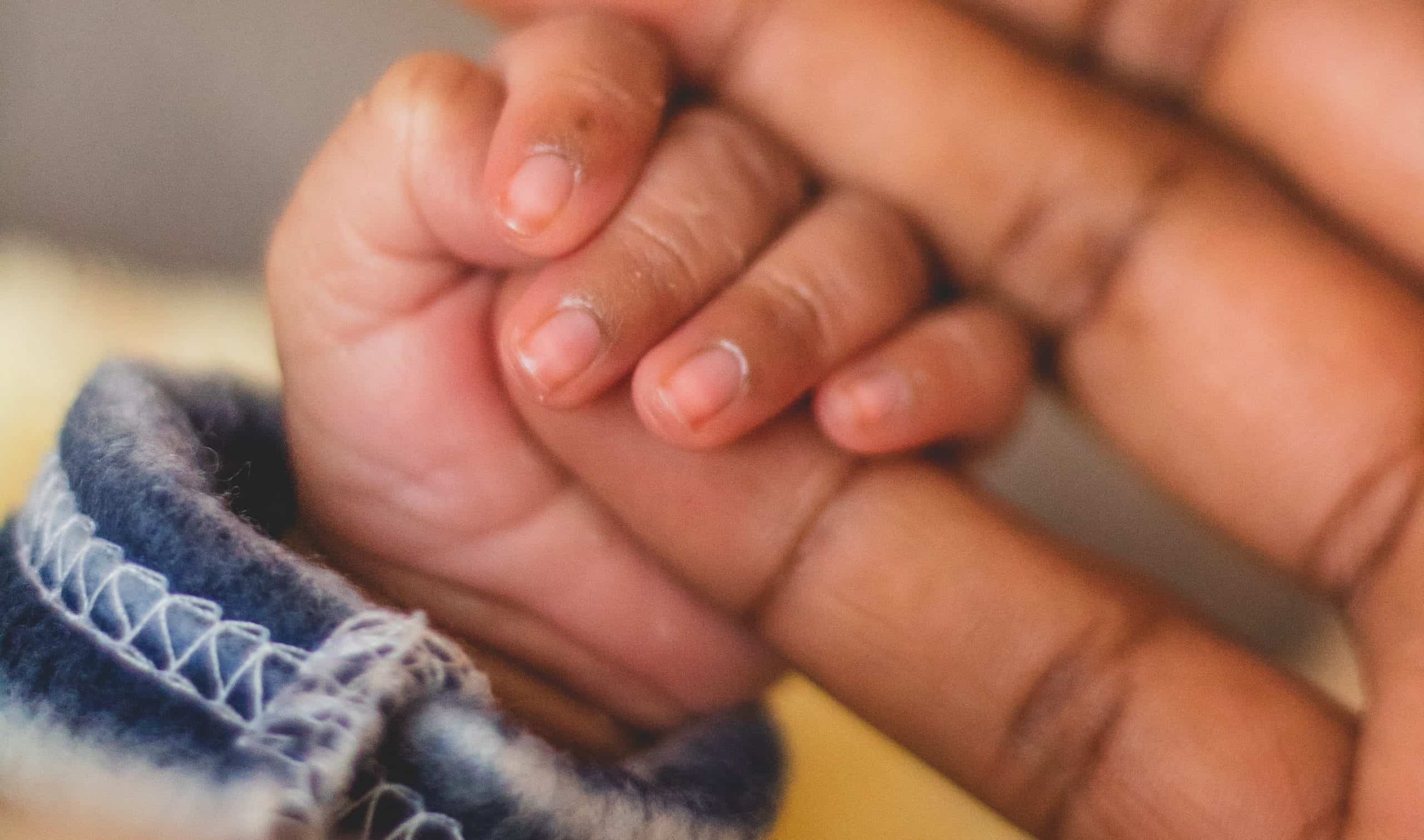Attachments and Identity

Photo by Tembinkosi Sikupela on Unsplash
In the article on Identity and Self, we saw that the Self is weighing information that is coming in through the child’s senses. Parents and teachers can influence how the baby processes this information by forming meaningful attachments with the child. Attachments are happening in young children at two levels; a neurological level, and a relational level. Both of these are quite distinct, while also being related to each other.
Neurological Attachments
At a neurological level, it’s important to understand that a young brain consists of billions of isolated neurons that, eventually, begin to connect with other neurons to form a synapsis between them. Patterns of these synapses (connections between neurons) develop as a child has experiences and then attaches meaning to those experiences. These patterns determine what the brain considers to be true or important and what is to be “stored” or remembered. These patterns then become pathways for future recall. In other words, this is how children learn.
Relational Attachments
At a relational level, clearly, newborns are forming attachments with the people around them. Some of these attachments are more significant than others, based on the level of engagement and time spent with the other individual. These attachments are shaping the child’s identity from the very beginning. Somehow the child is, to some degree, defining itself in terms of the attachment to these other people. At some point the child begins to think in terms of ownership; that is MY mommy, MY daddy, MY sister, or MY teacher. None of this will come as a surprise to anyone reading this.
What’s interesting, however, is that these relational attachments impact the way the neurological attachments are forming in the child’s brain. Experiences created by the people in a baby’s life have a direct impact on the formation and strength of the synapses that are forming and, therefore, the learning that is taking place. The parent or caregiver isn’t merely fostering pleasant thoughts. The experiences created by a caring adult can have a profound and lasting effect on the physical development of the baby’s brain.
Attachments Impact Identity
This, in turn, will impact the earliest stages of the child’s identity development. When we consider the power of people to shape the identity of a child, we shouldn’t be surprised that the Bible assumes God’s people will be “attached” to other people in deep, meaningful, and lasting ways. And, it assumes that these lasting attachments will happen with both individuals and a community. Our next article will consider the power of the individual to impact a young child.
This article is one of a series related to identity.
Find Helping People Develop a Biblical Identity here.
Find We Are More Than We Think here.
Find Shaping Identity in the Local Church here.
Find Identity and the God of the Bible here.
Find Identity, Relationships, and Distinction here.
Rick Edwards
Author, Speaker, Bible Teacher
See a list of other articles by Rick Edwards.



